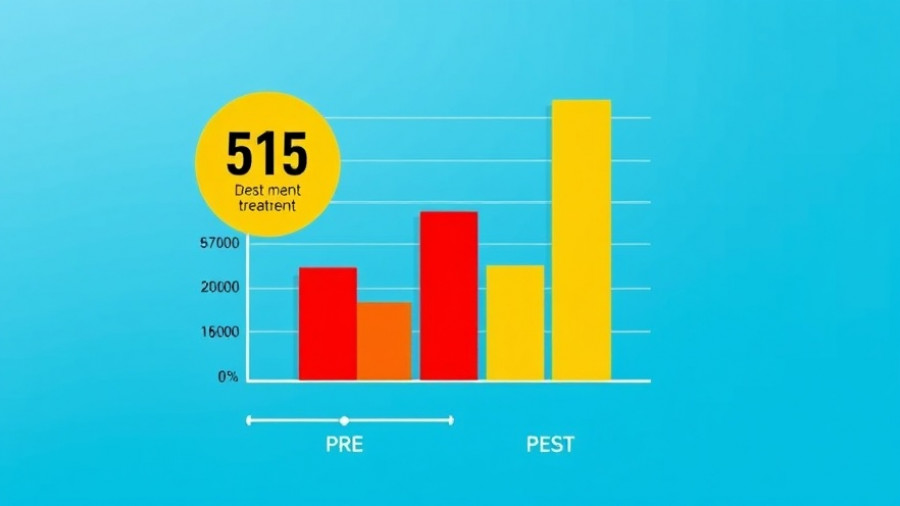
The Intersection of Politics and Substance Abuse: A Case Study
The recent sentencing of George Santos has reopened discussions across the nation about accountability and ethics in politics. Santos, once a rising star, has faced legal consequences that speak to a broader issue: the pressures and temptations that come with power. These pressures can easily lead individuals down dark paths, including substance abuse. For parents, understanding how these influences affect not only public figures but also their own children is crucial.
The Real Cost of Life's Choices
Much like Santos's personal downfall, substance abuse often starts with a series of seemingly harmless choices. According to addiction specialists, youth are particularly vulnerable to substance use when exposed to high-pressure environments, similar to the scrutiny faced by public figures. Teaching our children about the real costs of addiction—including loss of trust, legal troubles, and health complications—can help them make informed choices.
Personal Stories: From Despair to Recovery
In many cases, individuals battling addiction emerge stronger after undergoing comprehensive treatment. Stories of recovery offer hope and demonstrate the power of resilience. For instance, participating in group therapy or peer support groups like Alcoholics Anonymous or SMART Recovery can provide the community and tools needed to manage addiction and maintain sobriety. Parents should consider sharing narratives of recovery with their children to reinforce the message that seeking help is a courageous step, not a weakness.
The Role of Prevention and Education
As leaders like Santos demonstrate the consequences of poor choices, it is essential for families to actively engage in conversations about substance abuse prevention. Programs focusing on education, motivational interviewing, and behavioral therapy benefit young people significantly, equipping them with strategies to resist peer pressure and make healthier choices.
Creating an Open Dialogue with Your Children
Establishing a healthy communication channel with your children about substance use, mental health, and the importance of making wise decisions can foster a trusting relationship. Encourage them to talk about their feelings and experiences, and ensure they feel comfortable sharing their worries regarding peer pressure and substance use. You might want to discuss the importance of self-care and stress management techniques, like mindfulness practices, which can enhance their ability to deal with life’s stresses adequately.
The Importance of Support Systems
When it comes to addiction treatment and recovery, no one should go through the journey alone. Families play a pivotal role in supporting their loved ones through recovery, particularly those dealing with addiction. This involves understanding the different recovery options available, such as inpatient rehab, outpatient treatment, or medication-assisted treatment. Knowing what's available can empower families to seek out the best approach for their loved ones.
Seeking Help: Resources and Hotlines
Parents should also familiarize themselves with available resources—such as local addiction treatment centers, recovery apps, and hotlines. For instance, the Substance Abuse and Mental Health Services Administration (SAMHSA) offers a national helpline that can help guide families toward necessary services. These resources provide essential information for parents navigating the complex woodland of addiction.
Emphasizing Long-term Recovery and Aftercare
Lastly, understanding that recovery is a long-term commitment can guide families towards adopting a holistic view of health. Aftercare programs, support groups, and ongoing counseling are just as crucial as initial treatment. As parents, fostering an awareness of the resources available will help ensure your children and their peers have the best support systems for long-term success in maintaining their sobriety.
In conclusion, while events like Santos's sentencing may be largely political, they hold deeper implications for us as parents and community members. We must arm ourselves with knowledge about substance abuse and the recovery process, share stories of resilience, and encourage open dialogues with our children. By doing so, we can help nurture a generation that views sobriety as strength and a vital part of a fulfilling life.
 Add Row
Add Row  Add
Add 




Write A Comment